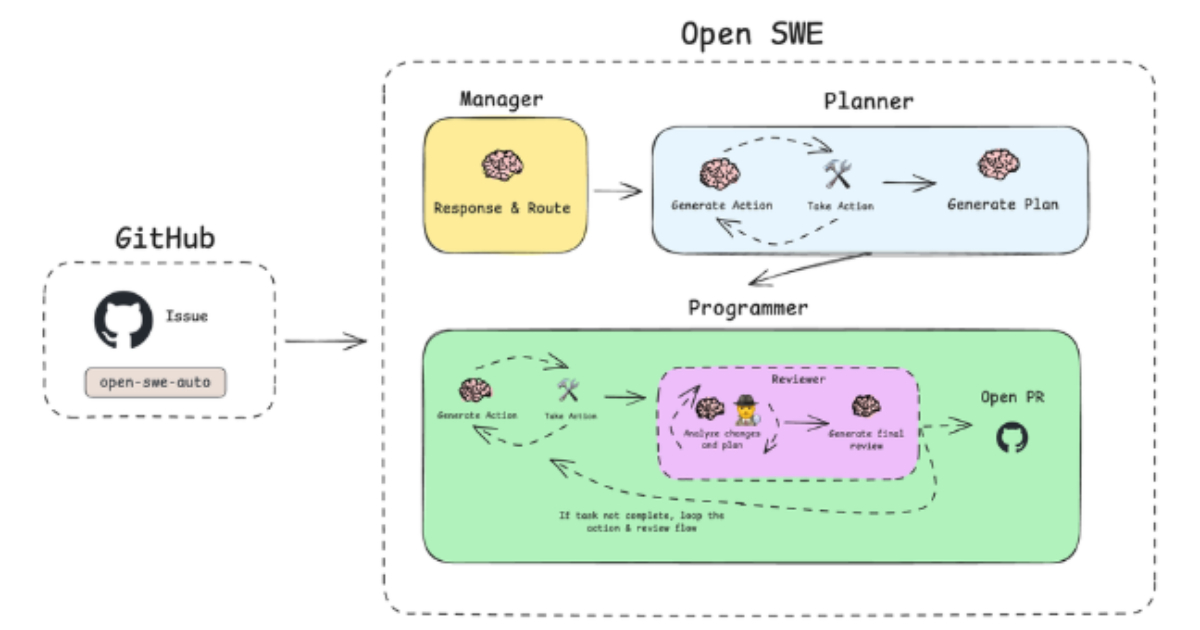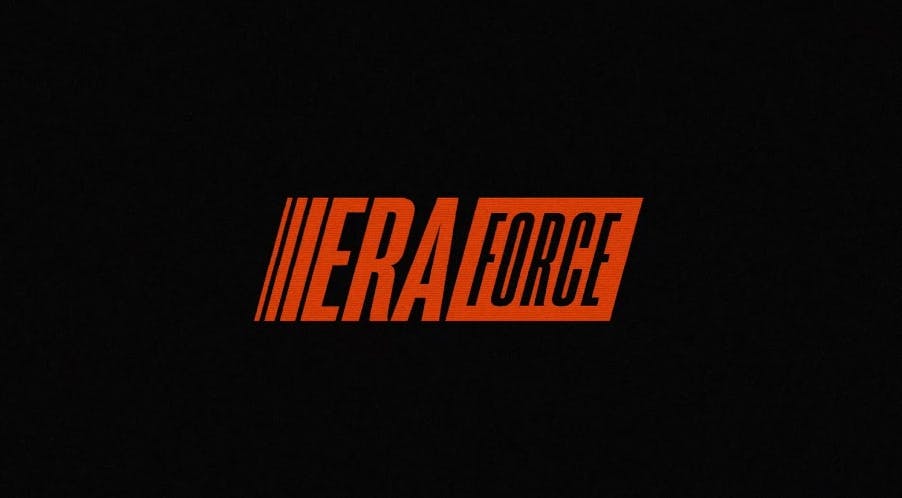Digital lenders in Nigeria now risk fines between ₦50 million and ₦100 million, or 1% of their annual turnover, for unethical conduct and other violations under new rules introduced by the Federal Competition and Consumer Protection Commission (FCCPC).
The newly issued Digital, Electronic, Online, or Non-Traditional Consumer Lending Regulations, 2025, released in July, represent the commission’s latest effort to regulate the country’s $2.1 billion consumer lending market, which even banks have long avoided due to high default rates.
It builds upon its 2022 framework, which aimed to curb illegal activities and improve regulation in the sector. It also aligns with regulatory shifts in the continent’s approach to consumer lending, with the Central Bank of Kenya recently publishing a draft non-deposit-taking credit providers regulation.
Previously, penalties for unethical behaviour—such as threatening debtors and their contacts— in Nigeria’s digital lending space consisted of office raids, app delistings, and operational disruptions.
Now, the FCCPC has clearly defined standard penalties. An individual guilty of breaching any of its regulations can be fined up to ₦50 million, while a company could face ₦100 million or 1% of its previous year’s turnover, whichever is higher. Company directors also risk sanctions for up to five years.
“Any person or undertaking found to be in contravention of the provisions of these Regulations shall be liable to sanctions, which may include fines, suspension of operations, or delisting of their registration, or revocation of approval,” the commission stated.
In addition to fines and penalties, the new law introduces registration and renewal fees and requires fair treatment of customers. It applies to all business entities—physical or electronic—that provide lending services, including those licensed by states but operating across state borders, and extends to players in already regulated industries. Airtime lending, which powered MTN’s ₦83.19 billion fintech revenue in H1 2025, is now under the FCCPC’s purview.
Only microfinance banks are exempt, and even they must seek a waiver, according to lending software firm Lendsqr.
Licence applications cost ₦100,000, with approval fees set at ₦1 million for mobile money operators such as MTN’s MoMo and Airtel’s SmartCash, or as determined by the commission.
Existing digital lenders — 461 as of early August — will also pay ₦1 million, or as determined by the commission, for approval, covering only two apps. Extra apps cost ₦500,000 each, and ownership is capped at five.
Initial approvals will expire after three years and must be renewed by 31 March of the following year. “An approval issued by the Commission in accordance with these regulations shall expire on 31st December of the third calendar year from the issuance date…” it added.
Approvals must be renewed every 36 months from the date of the first renewal, and companies are now subject to a ₦500,000 annual levy, or a fee set by the commission.
A significant aspect of the regulation centres on customer safety. It stipulates that lenders must limit advertising, cease unsolicited marketing, be transparent about all fees, and approve loans only for borrowers capable of repayment.
Interest rates—many of which have been described as exploitative—will now be monitored by the FCCPC.
“The Commission shall periodically monitor interest rate for services of consumer lending, and ensure rates are not exploitative and inimical to consumer interest,” it said.
Operators must also adhere to the Nigerian Data Protection Act 2023, the Nigerian Communications Act 2003, and other applicable laws. Lenders must undergo audits, submit biannual reports to the FCCPC, file annual returns, and produce records within 48 hours of request. Entities already operating in the sector have 90 days to comply.
Gbemi Adelekan, president of the Money Lenders Association (MLA), commended the new regulation, noting that it seeks to establish stability within the sector and protect consumers.
“However, some of the rules as stated may have a significant impact on the cost of service provision, technology, accessibility of financial services, which in turn can influence pricing of our services and consumer behaviour,” he said.
He called for a balanced and adaptable regulatory environment that can adapt to changing consumer needs.
Adedeji Olowe, founder of Lendsqr, highlighted that the new law reflects the maturing of the sector. “Digital lending isn’t a side hustle anymore. It is part of the financial system, and it is going to be treated that way,” he wrote in a LinkedIn post on Monday, August 11.
Mark your calendars! Moonshot by is back in Lagos on October 15–16! Join Africa’s top founders, creatives & tech leaders for 2 days of keynotes, mixers & future-forward ideas. Early bird tickets now 20% off—don’t snooze! moonshot..com










